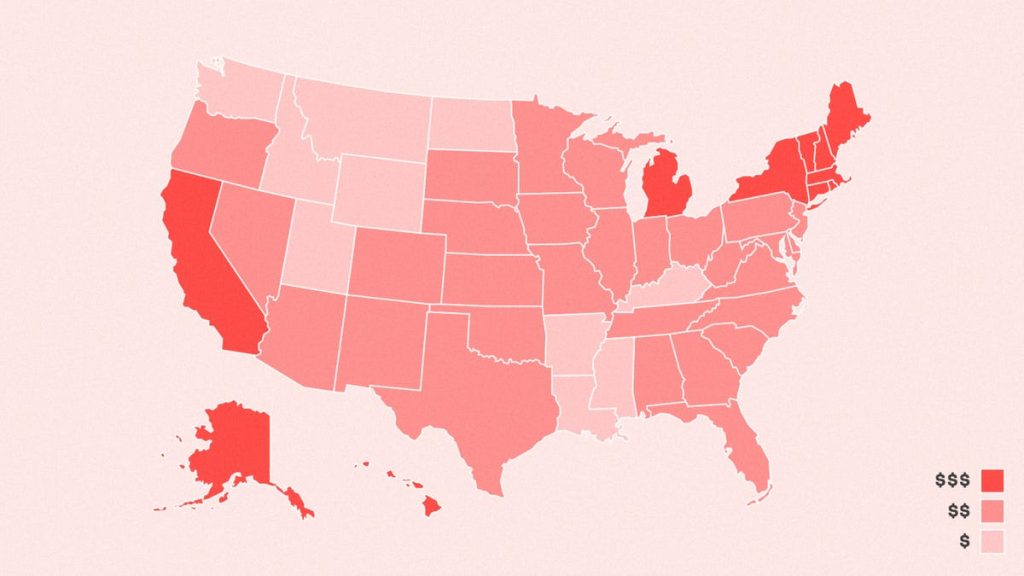The concept of energy deregulation has led to different options and choices for consumers in terms of their energy sources, with some states offering deregulated energy markets while others stick to traditional methods. However, the impact of deregulation on electricity rates is still up for debate, with experts unable to guarantee savings for consumers. Factors such as geopolitical events and the rate-making process can affect electricity prices. Therefore, deciding on a new energy supplier should be based on individual circumstances and whether switching providers can lead to cost savings. Different states have varying average electric bills and rates, providing consumers with information to make informed decisions when choosing an energy provider.
When selecting an electricity provider, consumers should consider factors such as plan options, pricing structure, customer satisfaction, payment options, contract terms, and potential scams. It is essential to research and gather information from reliable sources such as public utility commissions to avoid falling victim to fraudulent practices. Moving to a state with deregulated energy markets can present new challenges, but consumers can rely on public utility commissions for unbiased information and guidance. Despite the risks associated with buying energy from deregulated suppliers, understanding the regulations and being informed can help consumers make sound decisions about their energy providers.
Finding the best electricity rates requires careful consideration of all factors involved, beyond just the lowest rate. Consumers should pay attention to the terms of service, including price per kilowatt-hour, base charges, delivery charges, early termination fees, and more. By comparing different providers and energy plans, consumers can find savings and satisfaction from their energy provider. Different types of energy plans, including fixed-rate, variable-rate, time-of-use, green energy, and prepaid plans, offer consumers various benefits and options to suit their preferences and needs. By understanding the differences between these plans, consumers can make informed choices about their energy provider and plan.
Energy deregulation allows consumers in certain states to choose their electricity provider, offering a variety of options and deals to suit individual preferences. Fully deregulated states and partially deregulated environments provide consumers with the freedom to select their energy supplier, promoting competition and potentially lowering prices. Public utility commissions regulate the utilities within each state, overseeing utility tariffs, policies, and services to ensure consumer protection. While deregulated states offer more choice and competition, regulations still play a role in ensuring fair practices and prices for consumers. Overall, understanding the various aspects of energy deregulation can help consumers navigate the market and make informed decisions about their energy providers.















